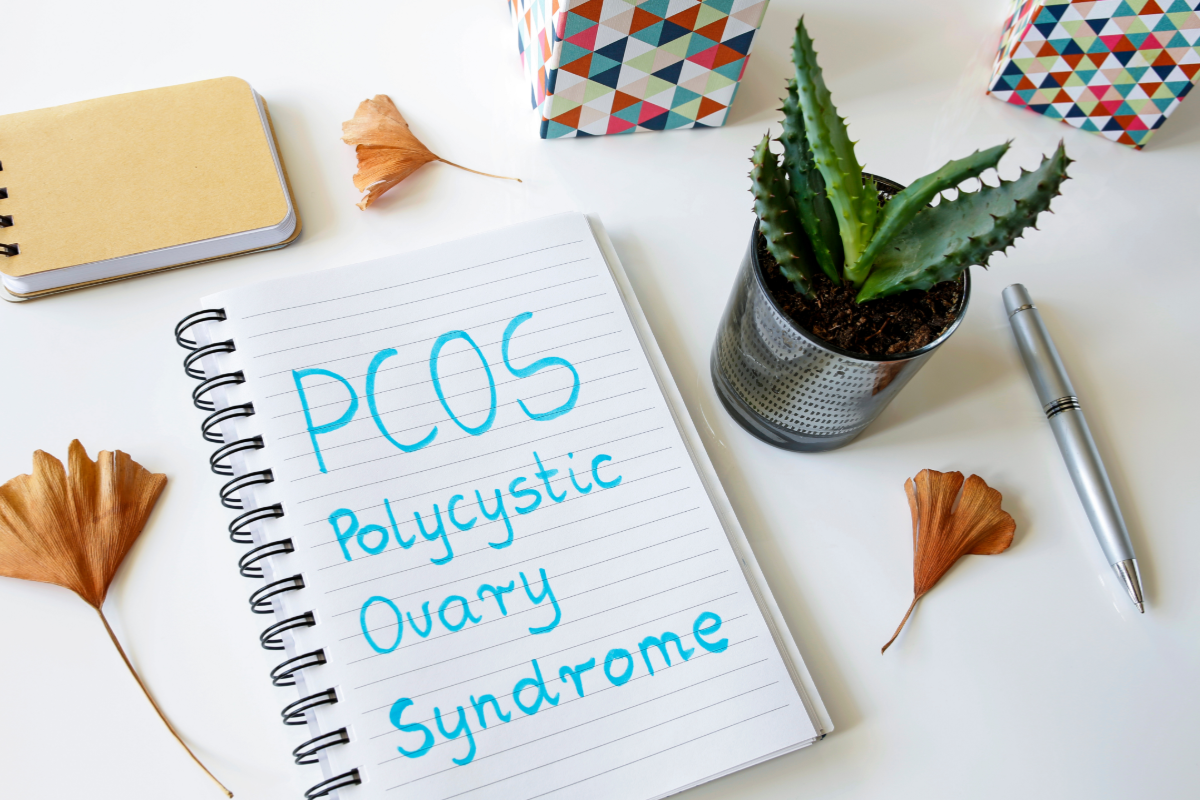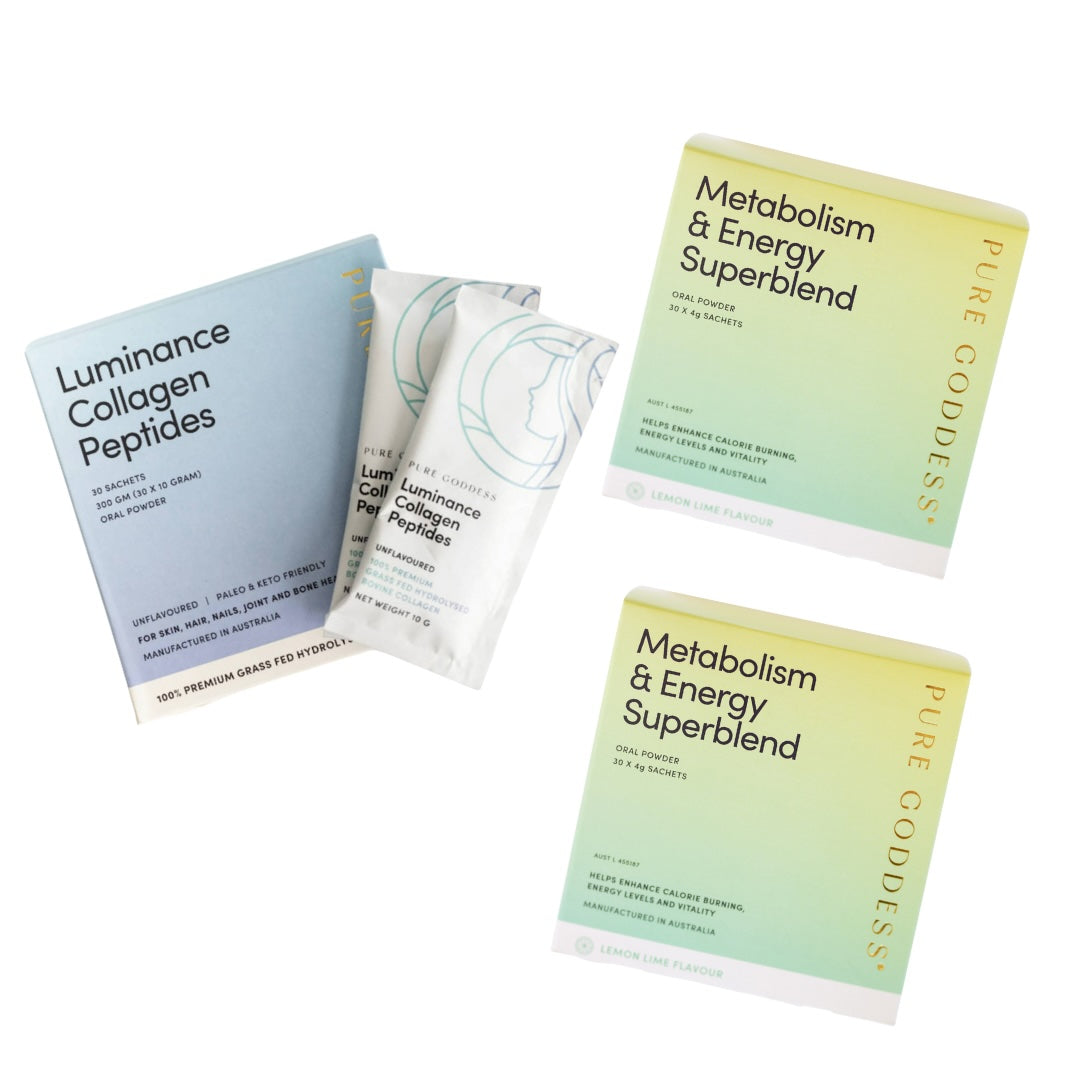
Lowering Inflammation Naturally: Your Guide to Thriving Through Perimenopause
Midlife and inflammation
Ah, the 40s, a time when life’s juggling act reaches new heights. Between managing careers, families, and rediscovering passions, there's a new player on the scene: perimenopause. This phase, which signals the transition to menopause, brings a host of changes, and for many women, inflammation becomes an unwelcome companion. As estrogen levels dip, this natural anti-inflammatory hormone bows out, leaving the door open for inflammation to settle in.
Inflammation during perimenopause often manifests as achy joints, stubborn fatigue, and weight gain that refuses to budge. But it doesn’t stop there, chronic inflammation is linked to an increased risk of heart disease, diabetes, and osteoporosis, conditions that already hover on the horizon during this life stage. The gut, which harbours a significant portion of your immune system, also takes a hit. Research from The International Journal of Women’s Health highlights that declining estrogen levels disrupt gut bacteria diversity, worsening inflammation and triggering a vicious cycle. The good news? You can take proactive steps to manage and reduce inflammation naturally.

Why Do We Get Inflammation?
Inflammation is the body’s natural defence mechanism, designed to protect you from harm. When you’re injured or fighting off an infection, your immune system triggers an inflammatory response to heal and repair tissues. This is called acute inflammation, and it’s short-lived and beneficial. However, problems arise when inflammation becomes chronic. Chronic inflammation occurs when your immune system stays activated even when there’s no immediate threat, often due to factors like stress, poor diet, lack of exercise, or exposure to environmental toxins. Hormonal shifts during perimenopause also contribute, as declining estrogen levels reduce the body’s ability to regulate inflammation. Over time, this persistent state of inflammation can damage healthy tissues and increase the risk of chronic diseases like heart disease, diabetes, and autoimmune conditions. Understanding the root causes of inflammation is crucial to addressing and preventing its harmful effects.
What’s Fueling Your Inflammation?
Understanding what fuels inflammation is crucial for addressing it head-on. Here are ten common culprits:
- Poor Diet Choices: Skipping meals or following restrictive diets can deprive your body of essential nutrients, exacerbating inflammation.
- Overtraining: Intense exercise without proper recovery can stress your body, promoting chronic inflammation.
- Lack of Sleep: Poor sleep quality increases inflammatory markers, making rest non-negotiable.
- Chronic Stress: Persistent stress elevates cortisol levels, driving long-term inflammation.
- Sedentary Habits: A lack of movement contributes to weight gain and inflammatory fat accumulation.
- Smoking: Chemicals in cigarettes damage tissues and promote inflammation.
- Processed Foods: Ultra-processed snacks and sugary cereals are loaded with additives that inflame your gut.
- Excessive Sugar: High sugar intake triggers inflammatory messengers in the body.
- Alcohol: Overindulgence damages the liver and disrupts gut health, leading to inflammation.
- Trans Fats: Found in fried and baked goods, trans fats are notorious for their pro-inflammatory effects.

How to Lower Inflammation with Diet
Reducing inflammation doesn’t have to be complicated. A Mediterranean-inspired diet, rich in antioxidants and healthy fats, can work wonders. Here are some of the top anti-inflammatory foods to incorporate into your meals:
- Fruits and Vegetables: Blueberries, leafy greens, and broccoli are antioxidant powerhouses that combat oxidative stress.
- Healthy Fats: Omega-3s from salmon, walnuts, and flaxseeds, plus the heart-healthy benefits of olive oil, are your inflammation-fighting allies.
- Whole Grains: Quinoa, brown rice, and oats provide fibre, stabilizing blood sugar and supporting gut health.
- Nuts and Seeds: Almonds, chia seeds, and flaxseeds offer a mix of fibre, healthy fats, and antioxidants.
- Herbs and Spices: Turmeric, ginger, and cinnamon bring both flavour and potent anti-inflammatory properties.
- Fermented Foods: Yogurt, kefir, and sauerkraut help restore gut bacteria balance, keeping inflammation at bay.

Lifestyle Changes to Tame Inflammation
Your daily habits play a significant role in managing inflammation. Here are simple, practical tips to reduce it naturally:
- Stay Active: Engage in regular, moderate exercise such as walking, yoga, or swimming. Movement not only helps reduce inflammation but also supports overall well-being.
- Prioritise Sleep: Aim for 7-9 hours of quality sleep to allow your body to repair and fight off inflammation.
- Manage Stress: Incorporate stress-relief techniques like meditation, deep breathing, or even a quiet moment with a good book. Chronic stress is a known inflammation trigger.
- Hydrate: Drinking plenty of water helps flush out toxins and keeps your inflammatory pathways functioning smoothly.
- Limit Alcohol and Quit Smoking: Both habits are closely linked to higher inflammation levels. Moderation and mindful choices can make a big difference.

Embracing Anti-Inflammatory Habits for Long-Term Wellness
Navigating perimenopause with its fluctuating hormones and added challenges doesn’t have to mean resigning yourself to inflammation. Small, consistent changes to your diet and lifestyle can make a significant impact. By choosing anti-inflammatory foods, staying active, and nurturing your mental well-being, you can keep inflammation in check and enhance your overall health.
Remember, this journey is about progress, not perfection. Each mindful decision brings you closer to thriving through this transformative phase of life. You’ve got this, goddess!
Explore our premium grass-fed, pasture raised Luminance bovine collagen peptides and start your journey to vibrant health today. Your glow-up starts now!





Leave a comment
This site is protected by hCaptcha and the hCaptcha Privacy Policy and Terms of Service apply.